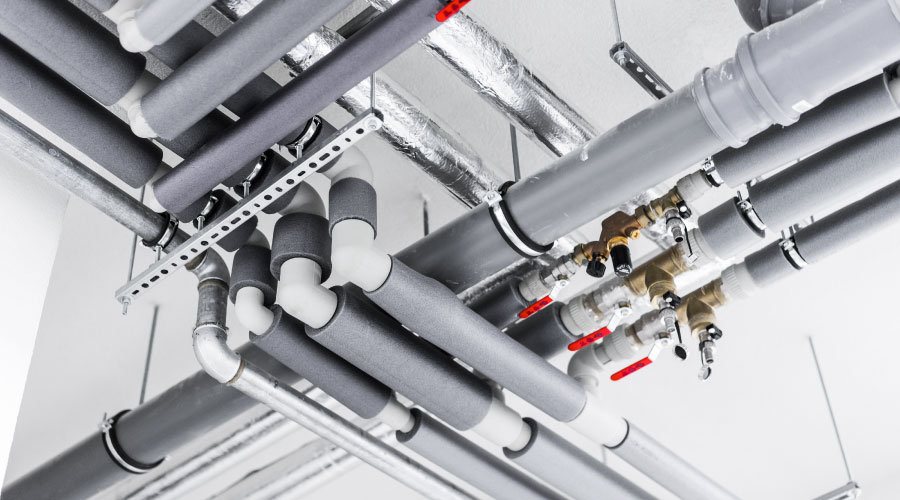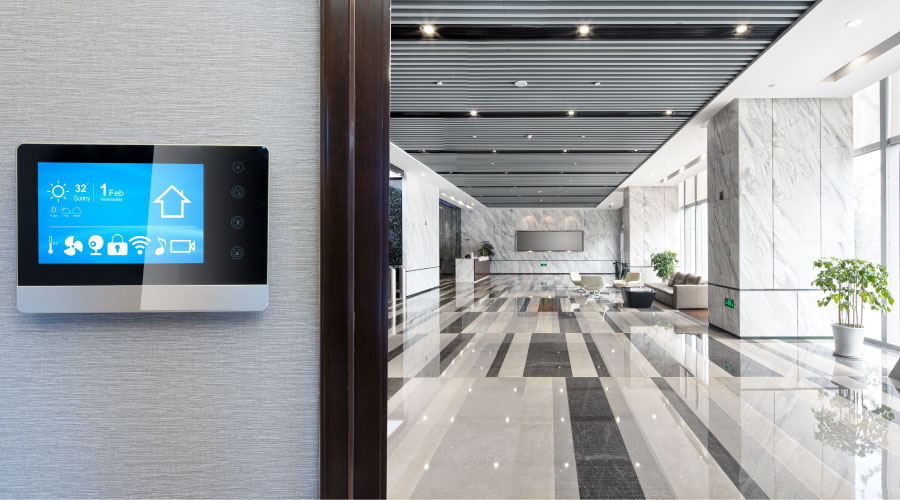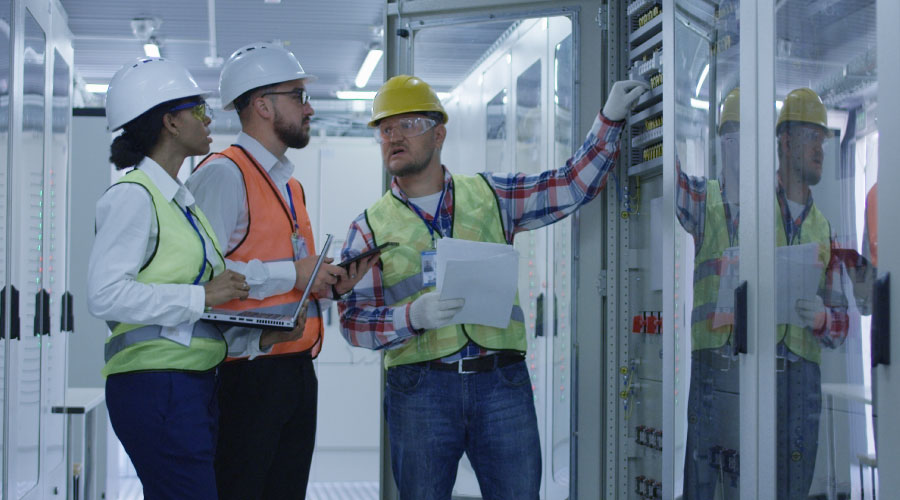
ICC Releases 2024 Plumbing, Mechanical Codes
Latest plumbing codes aim to advance community sustainability through new water conservation measures. September 13, 2023
By Dan Hounsell, Senior Editor
The International Code Council recently released the 2024 International Plumbing Code (IPC) and the 2024 International Mechanical Code (IMC) from the forthcoming 2024 editions of the International Codes (I-Codes). The 2024 IPC and IMC will be the first codes among the 2024 I-Codes to undergo substantial formatting changes to improve the user experience and better align print and PDF versions of the I-Codes with the council’s digital codes content.
The 2024 IPC aims to improve public health through enhanced waste management requirements and plumbing system resilience to natural hazards. It also advances community sustainability through new water conservation measures, while assuring building accessibility through the integration of the updated ICC A117.1 Accessibility Standard, making the IPC the most comprehensive plumbing code available.
Updates to the 2024 IPC include:
- Provisions were added for support of buried piping beneath buildings where expansive soil conditions exist.
- An option was added for vacuum testing of drain waste vent piping.
- Showerhead flow was limited to 2.0 gallons per minute with performance complying with high-efficiency requirements.
- Standards were added for chemical waste piping and fitting materials.
The 2024 IMC establishes minimum regulations for mechanical systems using prescriptive and performance-related provisions. Important changes from the 2021 IMC to the 2024 IMC include:
- Requirements prohibiting the use of domestic ductless range hoods in Groups I-1 and I-2 were removed.
- Group A2L and B2L refrigerant requirements have been added.
- Leak detection monitoring with alarm requirements have been added where the discharge from safety relief valves is not readily visible to occupants.
- Outside air requirements for dwelling units have increased.
- Requirements for exhaust system common ducts serving separate dwelling units have been added requiring the common duct or shaft to be maintained at a negative pressure at all times.
Dan Hounsell is senior editor for the facilities market. He has more than 30 years of experience writing about facilities maintenance, engineering and management.
Next
Read next on FacilitiesNet












